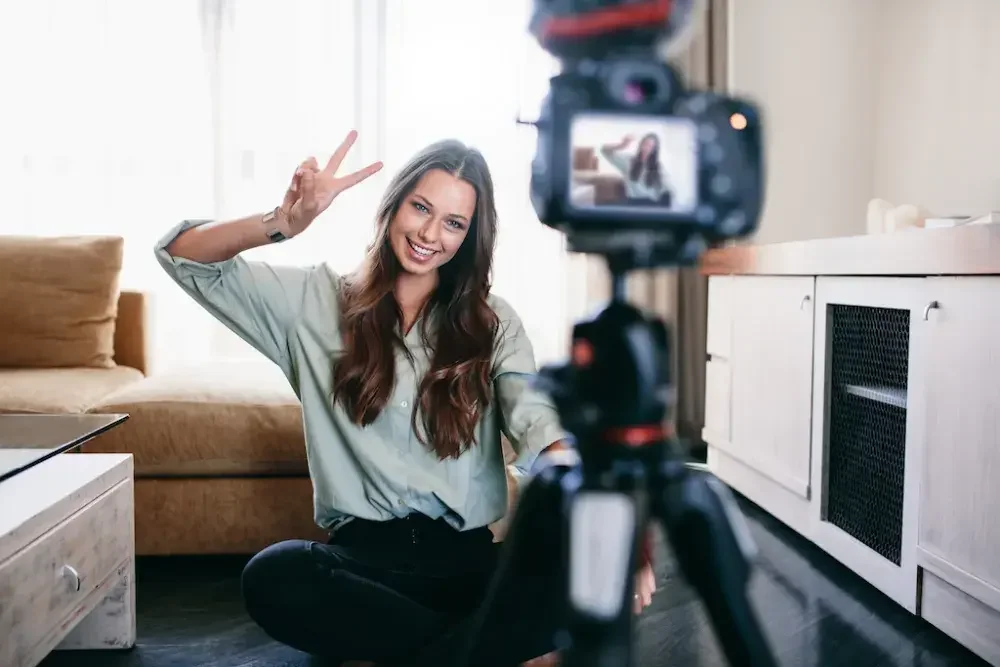Lifestyle bloggers can be creative, inspiring, and even controversial, but one thing they shouldn't be is unaware of how to protect their intellectual property rights. 
Intellectual property basics
Commonly shortened to “IP" in legal circles, "Intellectual Property" simply refers to any creation derived from your mind, including your blog posts, photographs, blog name/brand, and logo.
There are three main types of IP: copyrights, trademarks, and patents. Generally, unless you have invented something, you don't have to worry about patent law. If you do have an invention, consider consulting a patent attorney, as it is a highly specialized area of law.
Copyrights
According to the United States Copyright Office, copyright “is a form of protection grounded in the U.S. Constitution and granted by law for original works of authorship fixed in a tangible medium of expression."
As a copyright owner, you are generally entitled to:
- Make copies of the work.
- Create new works based on the original (derivative works)
- Distribute the work by sale, transfer of ownership, rental, lease, or lending
How to protect your content with a copyright
When you write a blog post, a copyright attaches to your work immediately. The U.S. Copyright Office is clear that your work receives copyright protection, “the moment it is created and fixed in a tangible form."
The same principle applies to photographs or images you create. Once they are “fixed in a tangible medium of expression," they have come copyright protection even if you don't put a © on your work to notify others.
With that little symbol, though, you are letting others know that you're aware of your rights, so just putting it there followed by the year and your name could help deter potential infringers.
How to register your copyright
One important benefit to registering your copyright with the U.S. Copyright Office is that it enables you to sue someone in federal court and potentially seek additional damages in the event of an infringement. To be clear: If your copyright is not registered, you cannot bring a claim of copyright infringement to court.
The process is straightforward: (1) fill out the appropriate application, (2) pay the applicable fee, and (3) mail a copy of the work to be copyrighted to the U.S. Copyright Office. Most of this can now be done online.
If your copyright is infringed
What can you do if someone has used your copyrighted work without your permission and haven't registered your work?
First, try to contact the person to try to work things out privately. If you don't get the desired response, you can then seek the Digital Millennium Copyright Act's protection.
(DMCA) and file a DMCA takedown request. Under the DMCA, an Internet Service Provider (ISP) must remove any material from a user's website that appears to violate another's copyright after providing proper notice to the website.
Trademarks
A trademark is "any word, name, symbol, device, or any combination" used to help the public identify the source of goods or products, especially to distinguish them from those of competitors.
For lifestyle bloggers, the two things you should consider registering, at a minimum, are the name of your blog (or brand) and your logo.
How to trademark your blog name and logo
Just as with copyrights, you do have some rights that arise simply by using your IP, but registration with the U.S. Patent and Trademark Office (USPTO) affords you added protection.
Most notably, registering your blog's name and logo as trademarks allows you to sue in federal court for infringement, seek additional damages, and request an injunction to stop the infringing use of your trademark(s).
How to register your trademark
The registration process begins with making sure that no one else already owns a trademark that is similar to yours and is used in connection with similar goods/services. You can search on the Trademark Electronic Search System (TESS) database, although a professional search and attorney advice can greatly help you be successful in your trademark application.
Filing the application and fee with the USPTO is the next step, and then you'll wait to hear the decision. The Trademark Status & Document Retrieval (TSDR) service can tell you the status of your application.
If your trademark is infringed
If you discover someone is infringing on your registered trademark, you can send a cease and desist letter to ask them to stop the offending conduct. If that doesn't take care of it, it's probably time to seek legal advice on proceeding.
Protecting your rights
Once you have everything to protect your IP rights as a lifestyle blogger, you must be vigilant. Unfortunately, IP thieves abound on the internet, and you are the guard dog to make sure your hard work isn't being stolen. After all, your IP is yours and yours alone!

